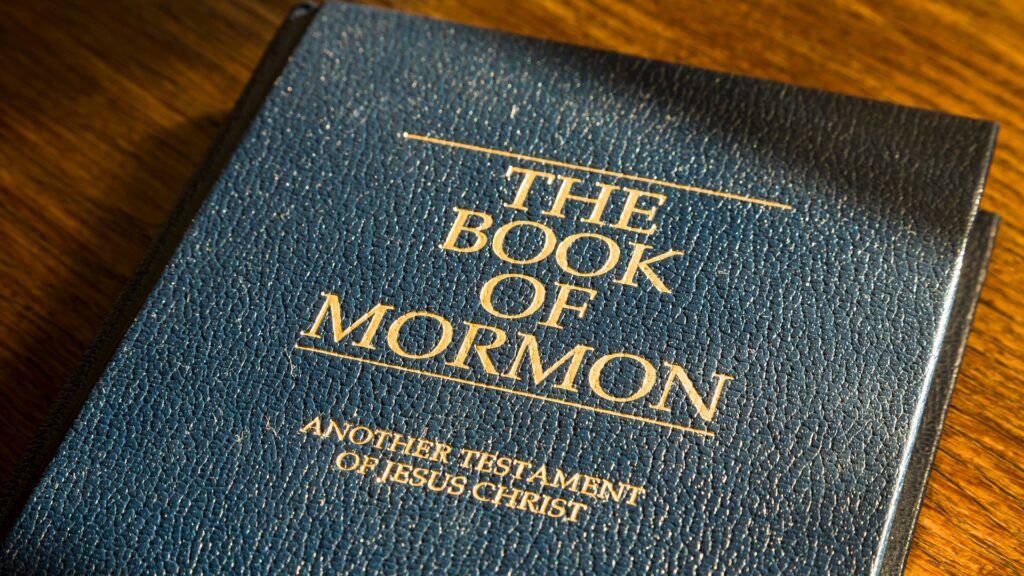Ok, so we’re on a faith journey with our Latter-day Saint tradition. Somewhere along the way, we’ve learned things that put to question what we once believed about the Book of Mormon. And this year, in our Sunday School classes, we must, once again, confront our beliefs.
I was listening to a talk last week by a newly ordained Priest in our ward. Although the Sacrament Meeting topic had nothing to do with the Book of Mormon, this young man recited a common theme I’ve heard from our General Authorities. From what I can tell, this was first articulated by Ezra Taft Benson as an apostle in 1975, and has been repeated at least thirty times since then:
For if the Book of Mormon is true, then Jesus is the Christ, Joseph Smith was his prophet, The Church of Jesus Christ of Latter-day Saints is true, and it is being led today by a prophet receiving revelation.
Ezra Taft Benson, “The Book of Mormon Is the Word of God,” April 1975 General Conference.
I have no idea what it means to say that the Book of Mormon is “true.” On on hand, does it testify of Jesus Christ? Absolutely. Does it contain uplifting content? It does for me. Mostly. Did it claim that the Lamanites were the principal ancestors of the Native Americans/First Nations? Uh, yes it did until recently, but that certainly wasn’t “true.” Does it claim that if dark-skinned people are righteous, then their skin will become white? Again, yes it did and does, but that’s certainly not “true.” Is it the most correct book on the earth, as Joseph Smith claimed? Not at least in my experience.
But the larger problem with Elder Benson’s statement and its use as a proof that the Church is “true” (whatever that may mean), is that the linking of the subsequent claims is a two-edged sword that works against Church truth claims. Even if the Book of Mormon is true, then the claims that Joseph Smith was a prophet, that the Church of Jesus Christ of Latter-day saints is true, and that the Church is led by a prophet receiving revelation do not necessarily follow any truth of the Book of Mormon: it is a fallacy of induction. And the claim works against the Church if the Book of Mormon is in any way “untrue,” then the the claims about Joseph Smith as a prophet, the Church being true, or that there is a prophet today are also untrue. And as it is at least with regard to Native American ancestry and the correlation between skin color and righteousness.
But is the Book of Mormon merely a proof that the Church is True? Or, is it in some way truly “Scripture” that can have an impact in our lives and our communities, even if is not literally “true.” Are there ways for us to make it work for us?
So, what about the Book of Mormon? Some questions come up for me:
- What are we to do with it?
- How can we not only survive this year’s Gospel Doctrine classes, but how can we thrive in them?
- How do we communicate with others who do not share our nuanced views?
- What does it mean to say that the Book of Mormon is scripture?
- How do we deal with our prior spiritual experiences with the Book?
- How can we read the Book of Mormon in a non-literal way?
- Why should we bother with it?
So, what do you think? What about the Book of Mormon?

